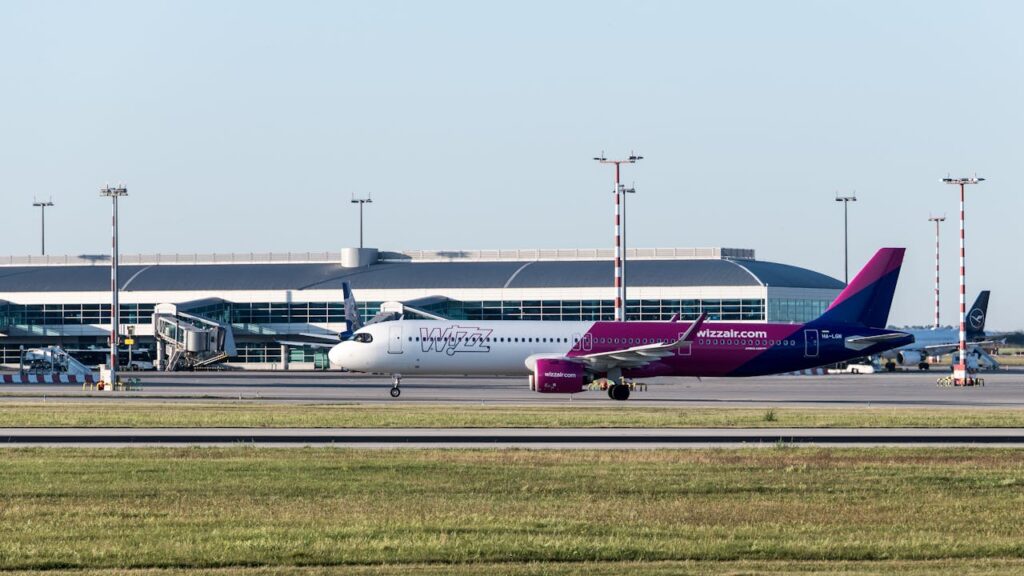The European airline industry is experiencing a wave of mergers and acquisitions as carriers grapple with escalating expenses and a customer base that is increasingly focused on price. This trend is driven by heightened competition on a global scale. In this environment, the Portuguese government is exploring the privatization of its national airline, TAP. IAG, the parent company of British Airways, has emerged as a frontrunner in the acquisition process. Should IAG succeed, it would gain a significant foothold in the lucrative South American market and secure a strategic hub in Southern Europe. However, the privatization efforts are not without potential complications. Political uncertainty within Portugal and the possibility of regulatory obstacles could impede or postpone the sale.
The Need for Consolidation
As European airlines grapple with higher costs and a more discerning consumer base. They recognize the need to consolidate to remain competitive in the face of global rivals. This trend is particularly evident in the airline industry. Where consolidation can lead to increased efficiency, scale economies, and enhanced bargaining power with suppliers.
IAG Emerges as Frontrunner
Among the major European airlines, British Airways-owner IAG is seen as the frontrunner to acquire a stake in TAP, the Portuguese national carrier. With a valuation of around $1 billion, TAP offers IAG a valuable opportunity to expand its presence in the lucrative South American market and establish a new hub in Southern Europe.
Potential Benefits for IAG
Analysts believe that IAG’s acquisition of TAP could be a game-changer for the company. By gaining access to TAP’s extensive network in South America. IAG would be able to offer more comprehensive travel options to its customers. Additionally, TAP’s hub in Lisbon could serve as a strategic base for IAG to further expand its operations in Southern Europe.
Challenges and Obstacles
While IAG is seen as the frontrunner, the sale of TAP is not without its challenges. Political upheaval in Portugal and regulatory scrutiny have raised concerns that the talks could face delays. Furthermore, the Portuguese government’s indecision and the EU regulators’ concerns about competition could also pose obstacles to the deal.
The Future of European Airline Consolidation
Despite the challenges, the consolidation trend in the European airline industry is likely to continue. As airlines seek to adapt to the changing landscape of the industry. They will increasingly look for ways to collaborate and consolidate their operations. This could lead to further mergers and acquisitions in the coming years, as airlines strive to remain competitive in the global market.


